We as anglers should not only appreciate the planet we live on but also be advocates for protecting our resources. Too many times have I seen a beer can, plastic water bottle, monofilament, or just plain ole wrappers sitting on the banks of my favorite fishing drainages. As anglers, it is not only our right but more, our duty to be advocates of cleanliness when it comes to the rivers we fish. Pack out what you pack in. If you see trash pick it up even if it not yours.
Here are a few simple and easy things you and anyone else can do to help protect our planet and resources. All these are very easy to do on a regular basis. If you build these habits and encourage others to do the same, we can all make a difference, one person at a time.
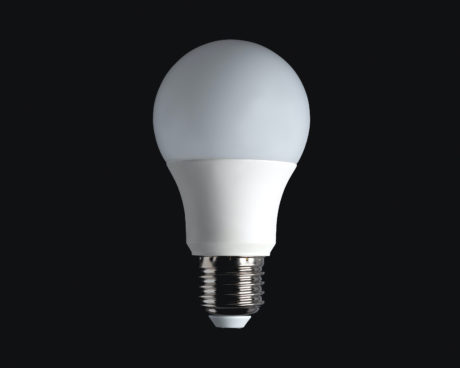
1. Switch your all your light bulbs to LEDs.
Honestly, if you don’t have LED lights lighting every room of your house and garage, you must not have access to the internet either. If every household replaced incandescent light bulbs with LED ones, it would be equivalent to taking almost a million cars off the road. Even if you have CFLs (Compact Flourescent Lightbulbs) you should still replace them with LEDs. You’ll experience significant savings in energy costs immediately. People who use the excuse, the light is “too bright” or “too white” and you don’t like the “color” you don’t have an excuse anymore. LED bulbs have a variety of colors 2500K to 5000K and sizes for a variety of applications.
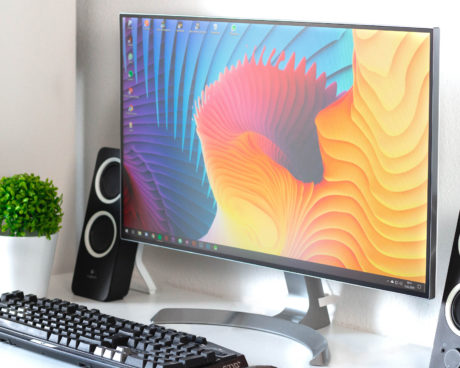
2. Turn off your computer when you’re not going to use it for an extended period of time.
We all do it. We just close our laptops or we allow our computer to “go to sleep.” What should be doing is shutting our computers down, when we’re not using it. Turn it off. If everybody turned off their laptops, computers, and other devices instead of leaving them in sleep mode, it would save 40 watt-hours per day.
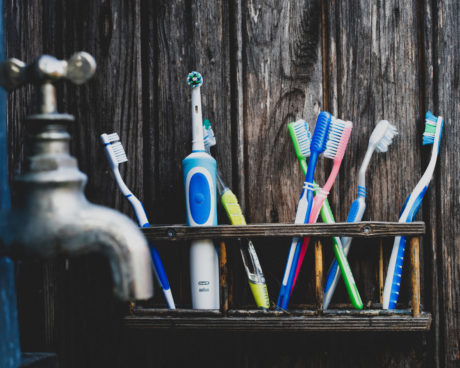
3. Don’t leave the water running while brushing your teeth.
You already know this, so why are you still doing it?
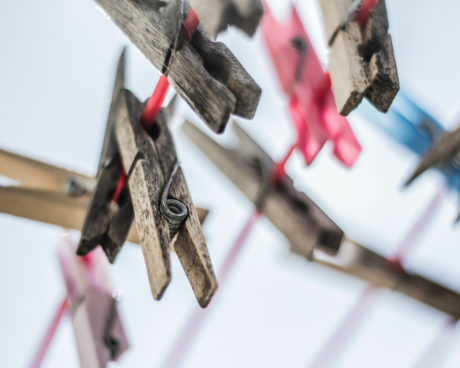
4. Air dry your clothes.
It takes a tremendous amount of energy to fire up a dryer. Gas, electric, whatever the sources, heating your dryer to dry clothes is a resource suck. Use a rack to dry your clothes, if not every time, do it at least every other time. Your clothes and towels will last longer.
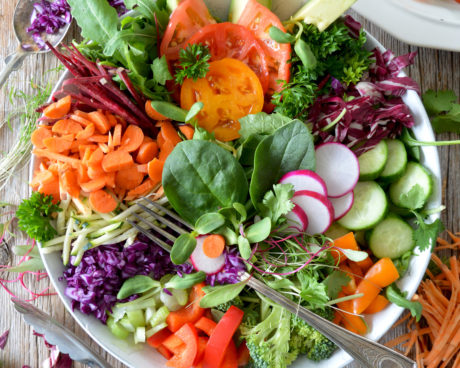
5. Eat vegetarian at least one day a week.
It requires hundreds of gallons of water to produce 1 pound of beef. If you go all vegetables, once a week, not only is it good for you but will save a ton of water.
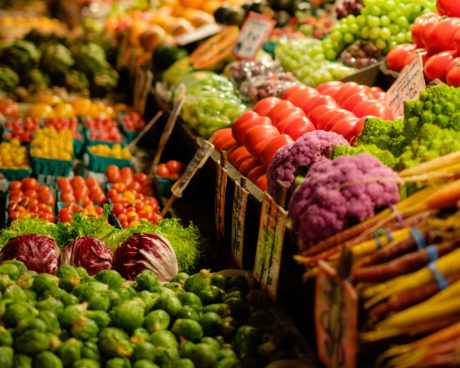
6. Buy local foods.
Transportation and logistics are a big deal, especially here in Alaska. Fuel, energy, and materials are all saved. Plus you support your local producers and people. It’s a win, win.
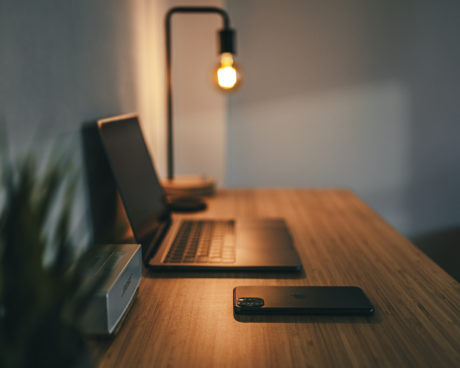
7. Turn off the lights.
Always turn off the lights when you leave a room even if you’re thinking “I’ll be right back.” If you leave a room for more than 10 minutes, you’re going to save money, energy, prolong the life of the bulb, and it will help keep the room cool.
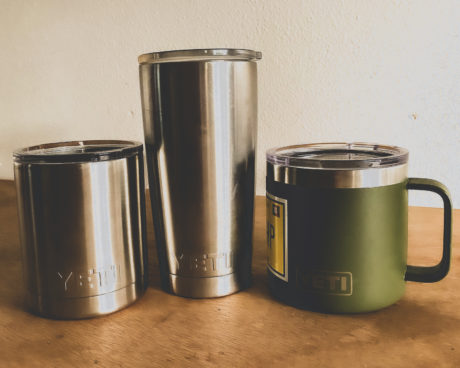
8. Get a coffee mug and use it.
It’s amazing the impact of having a coffee mug. Don’t use the paper cup they give you at your favorite coffee shop. Fill your own. Plus you get a discount on your coffee. For tea drinkers, they have cups that will steep your loose leaf tea. When you do drink tea, go loose leaf. This saves also and creates a better tea experience.
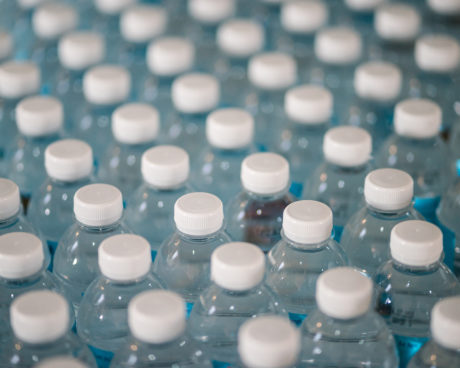
9. Use reusable water bottles
Cases of water should be done away with. With and a variety of reusable water bottles and filter options there is really no excuse for buying cases of bottles. Are they convenient? yes. Are they easy? yes. But they make a very big impact on the environment for very little, very little use. Do yourself and the world a favor and get a Nalgene bottle or Platypus bladders to carry your water around. If you need your water “cool” all the time get yourself a Yeti or Swell water bottle. They will keep your water cool for a very long time. In general, between sink filters and refrigerator filters, you should be filling your water bottles at home and carrying them with you. There really is no excuse.
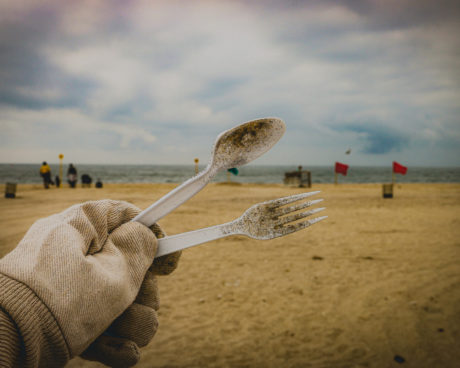
10. Avoid disposables.
Plastic cups, paper plates, forks, and knives should all be avoided. They are a sore spot for a lot of people, because they are cheap and easy to make, but will probably live on earth longer than we will. Even chopsticks, unless they are reusable, don’t get them, especially for take out. Use the ones you have at home. Support your favorite local take out place, but make sure to emphasize you don’t want any napkins or utensils, or else they will automatically include them.
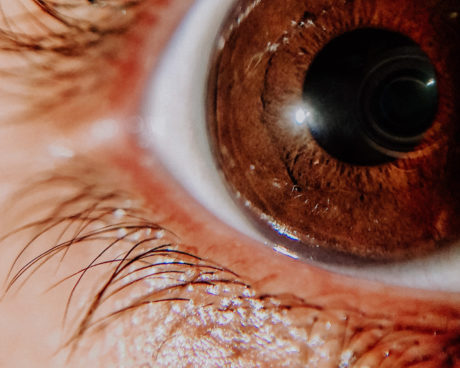
11. Don’t flush your contacts.
Contact lenses don’t fully degrade. When you flush your contacts or send them down the sink, they end up being microplastic debris in the ocean. Fish will eat it. We eat fish.
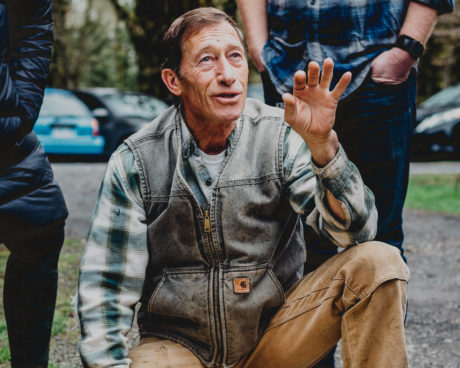
12. Encourage Others
We are creatures of habit and we tend to take the path of least resistance. We can all start building small habits to better protect our earth and encourage others to do the same. You can start by giving gifts that will help build good habits, like a coffee mug. We are all better for it.
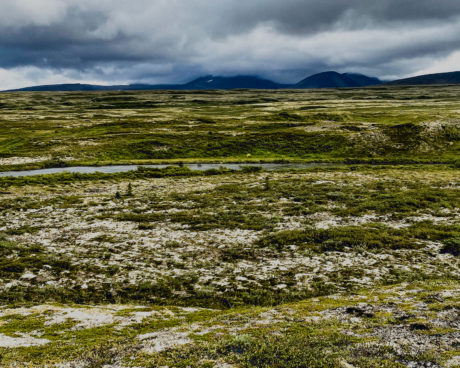
13. Take a trash receptacle when you go fishing.
Unless you’re fishing in a place that has never been touched by another individual, you’ll probably find some sort of trash somewhere. Use a mini trash receptacle to put your nipped mono, other people’s lines you found, broken off lures, cigarette butts, and whatever else you may find out there. Fishpond makes a Piopod that works well. Or you can just carry a small reusable bag to carry waste in. We, especially as anglers, need to make sure we take the best care of the places we fish.
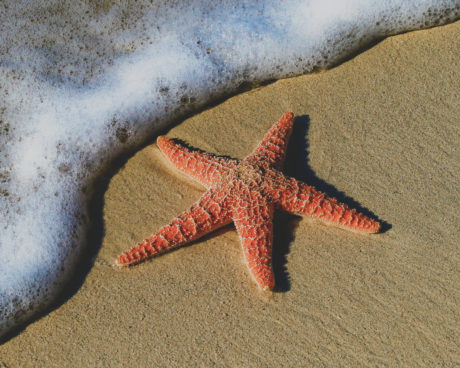
Sometimes it seems protecting our planet and resources seems daunting. We ask ourselves selves “what impact can I make?” Or we tell ourselves “What I do won’t make a difference.” I’m sure we’ve all read it before, or if you’re reading for the first time the Starfish Story is a good reminder of the small things we do can make a difference. Do all of them, do some of them. Start with one of them. It will make a difference.
If you have other ideas on ways we can help protect our resources, we would love to hear about it. Comment or ping us at info@deneki.com.
The Starfish Story – Adapted from The Star Thrower by Loren Eiseley
One day a man was walking along the beach when he noticed a boy picking something up and gently throwing it into the ocean. Approaching the boy he asked “What are you doing?”
The boy replied “Throwing starfish back into the ocean. The surf is up and the tide is going out. If I don’t throw them back, they will die.”
“Son,” the man replied, “don’t you realized there are miles and miles of beach and hundreds of starfish? You can’t make a difference.”
After listening politely, the boy bent down, picked up another starfish, and threw it back into the surf. then, smiling at the man, he said, “I made a difference to that one.”
OK. When I return to Alaska West, will I finally see an effort to reduce the number of plastic bags used each day when people pack their lunches? You’ve given us reusable water bottles; how about reusable, hard plastic sandwich containers.
Hi Dave,
This is Rick Sisler, I hope you are doing well? I missed seeing you this summer! We had so many great weeks of guests lined up, it would have been a blast. I think I miss the mornings the most, watching everyone get ready for the day, seeing everyone’s excitement. Then watching the boats head out, each on their own journey for the day, man I miss it!
Anyways, I wanted to reply to you about your plastic bag question. I think we had talked a bit about it while you were at camp last year as well. I did have changes in mind for this year before we were shut down. I like the idea of plastic containers, although our processes for washing/drying them and safely storing them are a big consideration to it. After 12 years of children I have come to find plastic reusable containers the bane of my existence for how many I have washed and dried, but I have saved a ton of plastic bags. I would also like to have pre cut sandwich wrap papers that can be used as another option. Along with a container system for sandwiches and other items I think having the guides a dedicated “Lunch Bag” used to store lunches for the day would be great! I would love to hear any other ideas you might have Dave, take care and be safe!